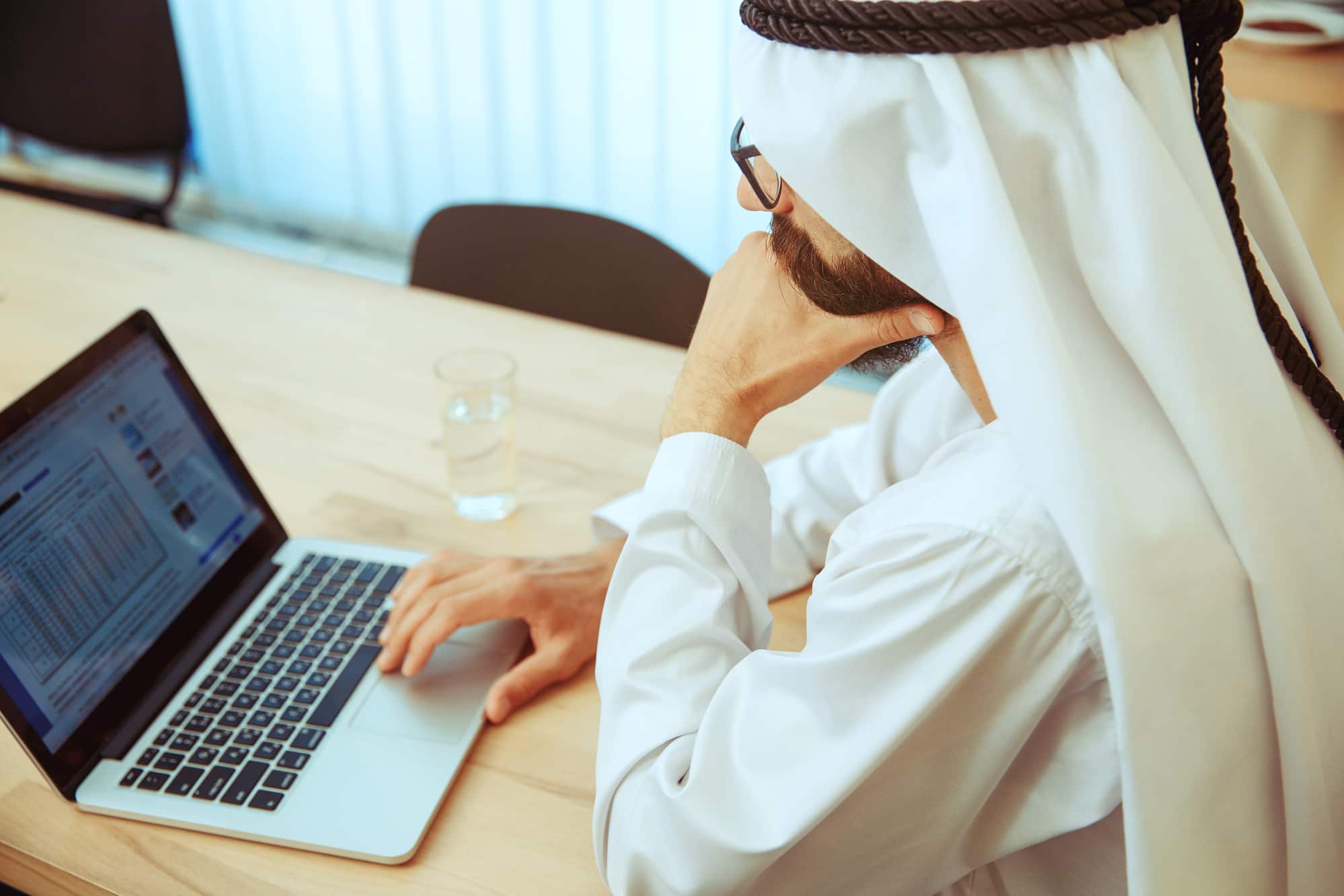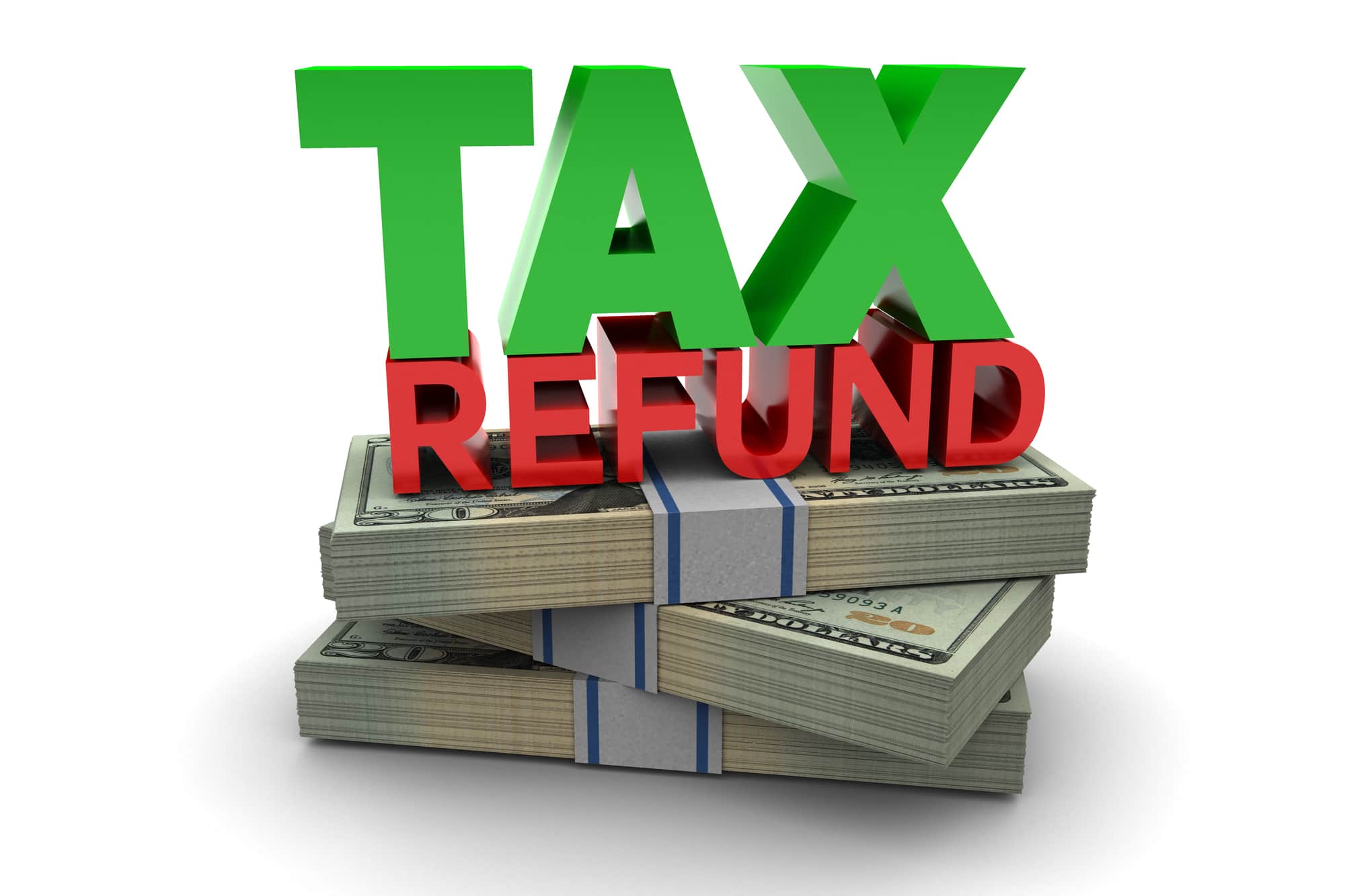Understanding VAT in the UAE: An Overview for Business Owners
At the beginning of 2018, the UAE’s new 5 per cent VAT tax came into effect. Even though VAT is currently utilized in over 150 countries, the government of the UAE has only recently decided to implement it.
What’s the reason behind the introduction of VAT? Well, the UAE government wants to diversify its revenue, and VAT will assist them in producing an estimated Dh12 billion in 2018. The tax is a result of the government looking to decrease its reliance on oil and hydrocarbons as the dominant source of income.
Despite VAT tax being introduced to the UAE, in many ways, the country will remain mostly tax-free as there will still be no income tax on salaries. For business owners all around the world, the free zones in the country (which offer tax-free environments including 100 per cent foreign ownership) will continue to exist and make the art of doing business easy.
Here is an overview for business owners who want to understand VAT in the UAE.
What is VAT?
First things first: You may be asking what exactly VAT is?
Value-added tax (VAT) is a consumption tax that is put on a product at each stage of its production. The consumer bears the additional cost when purchasing a product, although it is not usually an extra or add-on to the sale price, but instead is calculated as a percentage of the retail sale price of a product.
This is because the business selling the product collects and accounts for the tax and then pays the government the amount that they have received from customers.
This is how it works in the UAE.
What will be taxed in UAE?
The UAE government decided that all consumer items except a few will be taxed under the new VAT plan. This includes electronics, smartphones, cars, jewelry, watches, clothes, shoes, food and beverage, water and electricity bills, entertainment, cosmetic products, fuel prices, school uniforms and transport, financial services, and hotel prices.
Keep in mind that VAT is one of the most common types of consumption taxes in the world and generally is a lot higher than five per cent!
What won’t be taxed?
Upon announcing this new consumption tax, the UAE government also announced that some essential consumer items (such as medicines, hospital and school bills, and other social services) would be exempt from the VAT.
The UAE government wants to focus the new taxes on the discretionary spending that is done by consumers, and not on those with lower income levels.
Will I be taxed as a business owner?
In short, yes, you will. If you run a business that produces taxable goods or services and your firm has a yearly turn over of more than Dh375,000, then you are required to register for VAT.
Alternatively, if your business has a turn over of less than Dh375,000 but more than Dh187,500, then you have the option to register for the tax. If your firm provides health and education services, then you can reclaim value-added tax from the FTA.
As VAT is an indirect tax on consumers, they will be the ones who have the burden. Although, at 5 per cent, they most likely will not notice it too much.
How will it affect my profits as a business owner?
Whether you are looking to start a business in Dubai or are running a legacy company, you are obviously going to want to know how this new VAT tax is going to affect your profits.
If your firm supplies goods or services that are subject to the VAT, then you will be authorized to recover the VAT you incur on costs. On the other hand, if you supply goods or services that are exempt from the VAT and you are not able to recover VAT-related expenses, then the VAT will be an expense to your firm as your suppliers will impose VAT that you cannot redeem.
The price of the VAT is charged to the customer, so the costs of your goods or services need to include the necessary amount of VAT. You decided the value of your products or services, so it is up to you to adjust the numbers accordingly. Whatever the number on the price tag, that is the amount that will be assumed to include VAT.
If you need help with your VAT registration in the UAE, then reach out to Flying Colour which offers world-class business services for companies across the UAE.
Are you a business owner in Dubai? Have you noticed any difference in your profits with the newly added VAT? Let us know what you think in the comments below!






